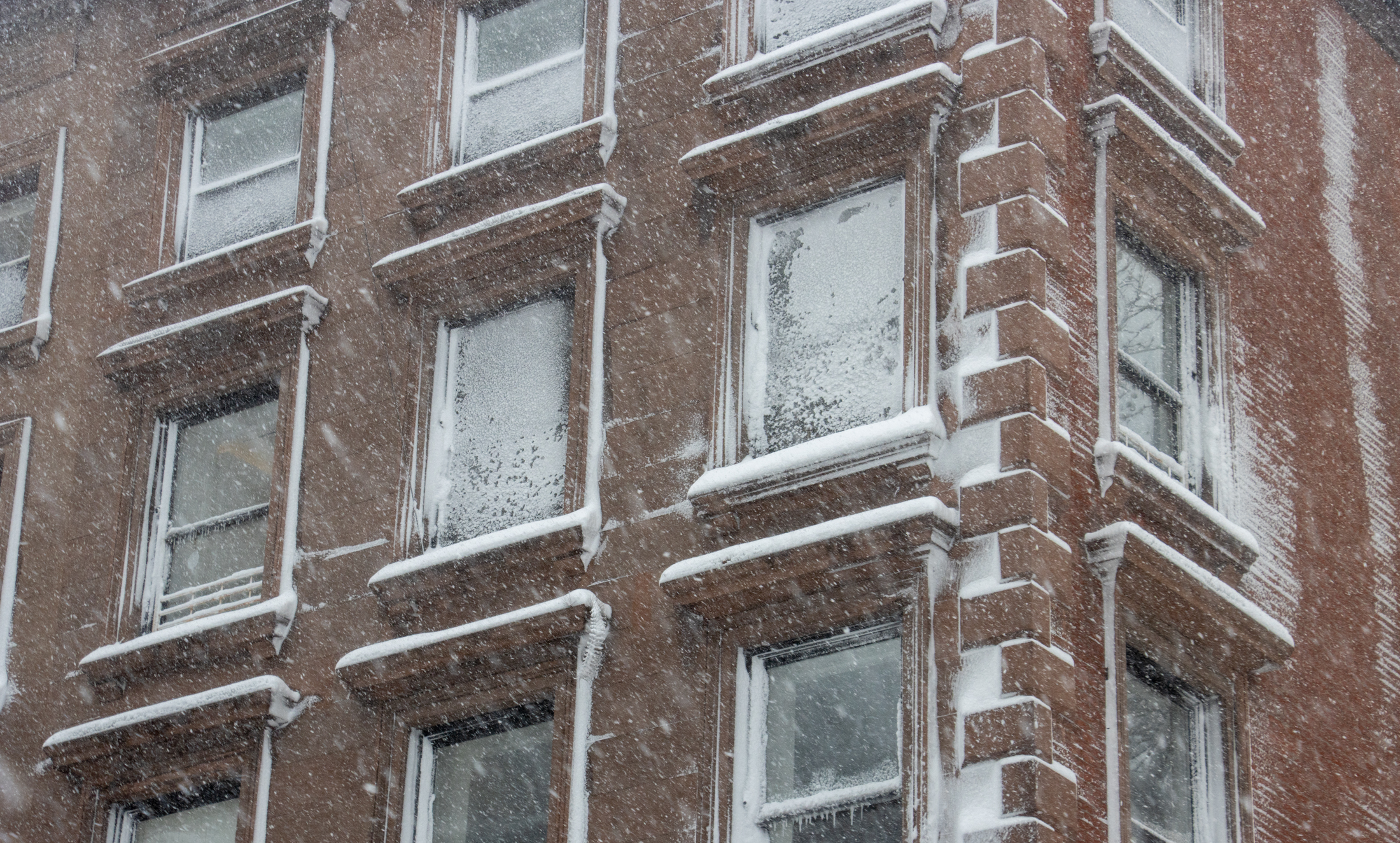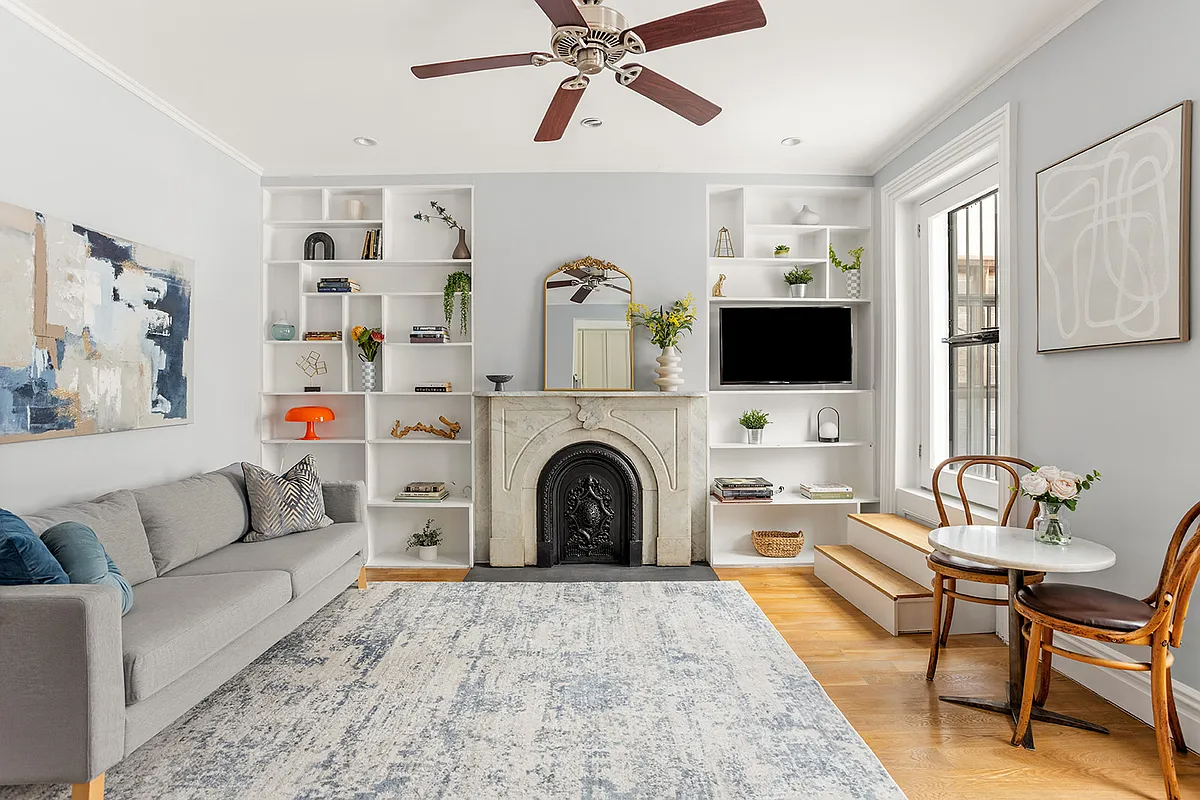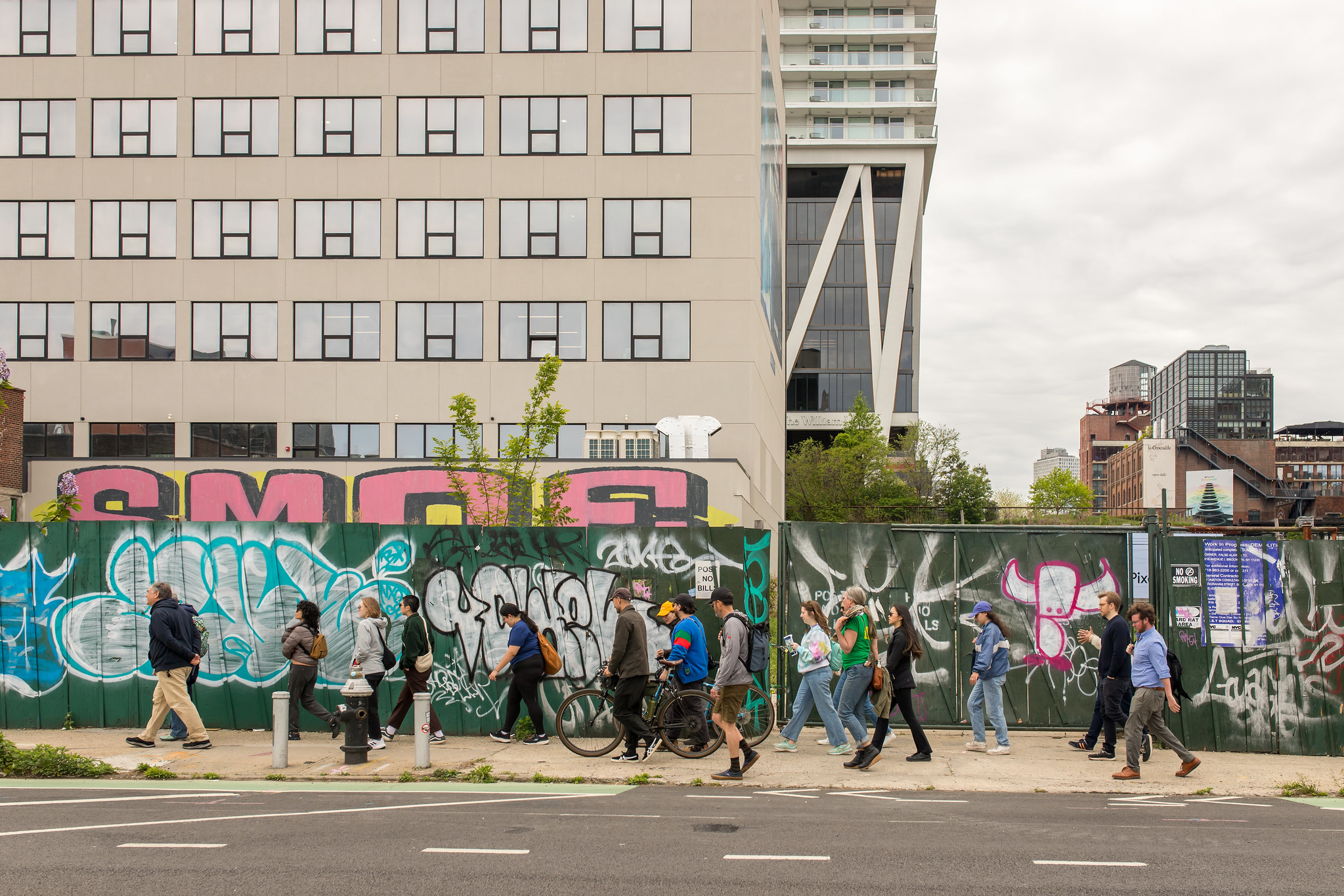Dog Days for U.S. Housing; Is NYC Next?
The Times is talking doom and gloom about the national housing market after stats were released showing that home prices fell 14.1 percent in March as compared to the same month last year. While primo New York City—Manhattan in particular—has remained mostly immune to the rest of the country’s housing woes, other once-resilient markets are…


The Times is talking doom and gloom about the national housing market after stats were released showing that home prices fell 14.1 percent in March as compared to the same month last year. While primo New York City—Manhattan in particular—has remained mostly immune to the rest of the country’s housing woes, other once-resilient markets are faltering. Seattle, for example, has only started posting a huge rise in unsold inventory. Some say the housing market hangover could last for another couple years. It’s like eating beyond your stomach’s capacity, said Ronald J. Peltier, the chief executive of Home Services of America, which owns real estate brokerage firms across the country. We have huge indigestion. According to an article in the Observer, though, New York City may yet have to reach for the Mylanta: Recent rises in inflation (the price of a six pack of craft beer is up $1!) and crime, coupled with lots of job losses, could very well mean the worst is yet to come.
In Housing, the Strong Turn Weak [NY Times]
Lead Indicators? The Price of Beer, Hurricane Season [NY Observer]
Photo by bburke782.





1:24, What I also took from the article is that even in Seattle, the downtown and inner urban core is still holding up.
I think we can say the same for Manhattan and Prime Brooklyn.
Fringe areas and suburban areas will see some declines. No question. But this is also happening at precisely the same time that fewer and fewer people want to live in suburbs and outlying areas.
I see no stopping the increased desirability of areas closet to the city (any city) in the future.
99.9% of the comments here are folks’ opinions about the housing market in general, and most are rehashing their long-held views that are not going to change.
But the Times story was making a more nuanced claim, namely that for the strongest real estate markets (ie, NYC, Seattle, our beloved Brooklyn), the worst of the market may still be to come.
Couldn’t we focus the discussion on this claim about the timing of the housing slump and stay away from the bigger picture (ie, the world is ending, or NYC prices will always go up)
It might be a little more fruitful. . . but maybe that’s asking loudmouths on all sides to lower their voices a bit
New York City real estate professionals are some of the most self-interested people on the planet, and Brownstoner is simply an “unofficial” avenue by which to hype the NYC real estate market (Snotty parts of Brooklyn in particular).
I strongly recommend not depending on the “New York City is immune” bs you hear so much of on this site.
New York City will indeed be negatively affected, even substantially, but probably not as much as other bubble markets, at least not for a long time. It will though, probably return to pre-bubble levels, but if you have not yet bought a place in this market, you will have to wait a few years to see this, which means, you will also see some neighborhoods increase while the bulk decrease, but don’t let that keep you from waiting for the coming crash.
Crash it will, and for anyone who says otherwise, go drink some kefir!
When you bid on a property as an investment property and you are bidding against a buyer that will occupy it as a home for what will probably be many years, the owner/occupier will typically pay more. It becomes not a matter of rental yield but one of owning a place that they like and want to live in…and maybe not rent any portion of it out, C of O notwithstanding!
Does that put it in language that is more easily understood?
Stupid 12:47, I know what arbitrage is…arbitrage is actually what I do in my day job. Please think before you speak. My point was that if its going to ACTUALLY BE owner occupied it doesn’t always conform to cap rate/yield economics. If it’s going to be converted then its looked at as investment property.
It’s not that fine of a distinction for you to have failed to grasp. Go back to your New York magazine.
I dont know about this “arbitrage,” as you call it, but I do know that the unique properties inherent in the cap rates of Brooklyn rental unit properties, coupled with the dramatic increases in demand without a subsequent follow through in the rent/cap rate relationship should imply that rents should be close to triple sales prices, and likely to remain that way! Or, no, sorry, the other way around. Particularly for financed purchases. You saw this through the early 90’s, although admittedly luxury studios veered off a little bit from this trend in 1998. But you get my point in any case, you know? So many people on this board are clueless, no idea what they’re talking about.
since nyc buildings are fairly easily converted from owner occupied to investment properties and vice versa, they have to obey the same economics. Ever hear of arbitrage, Dave?
12:34 writes ” In the long run, no matter how attractive NYC is, purchase prices can’t stay double rental prices. ”
What are you talking about??? Purchase prices (of investment properties) are described in terms of rental yield and cap rate. Owner occupied with rental units don’t behave according to the same economics as investment properties.
Describe how purchase prices are double rental prices.
Come on posters…the number of really dumb statements is overwhelming today.
“NYC’s quality should be fully reflected in rents. That’s why the ratio of rents to prices is such a useful tool. Prices are close to double the value of comparable rentals.”
This statement, while true is also false at the same time. New York City is a city of 8 million people. It is a city of immigrants and also of unbridled luxury.
You are using the rent to own ratio on luxury properties in Manhattan and prime Brooklyn. That should not be the case. Not ever 25 year old needs a 600k 1 bedroom and not every family needs a 2 million dollar brownstone.
There are many, many areas in this city where the rent/buy ratio works just fine.
I bought a studio in 2007 and pay about 400 less a month than I would to rent an apartment in the same neighborhood. I know many people who live within their means, own property and do not require a rooftop pool and bowling alley to be comfortable.
With 100 million dollar apts at 15 Central Park West and the Plaza, it’s easy to get carried away, but look at all the immigrants who come to NYC and buy property. It’s a large number of people.
You can not use these ratios on the new luxury stuff. Those places defy all ratios. Go to many parts of Queens, to Midwood, to Bensonhurst, to Kensington where you can still find a nice 1 bedroom for 200K and a 2 bedroom for 300K.